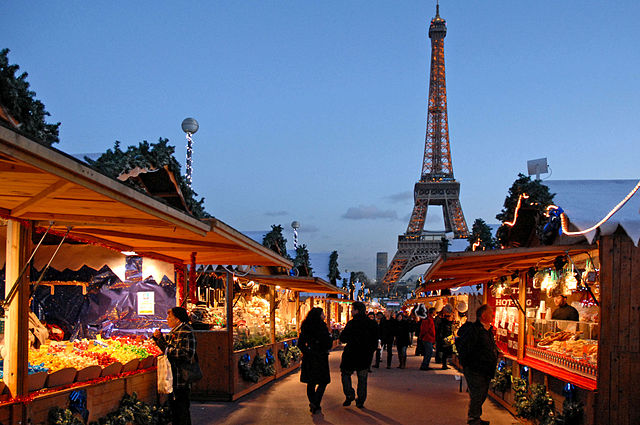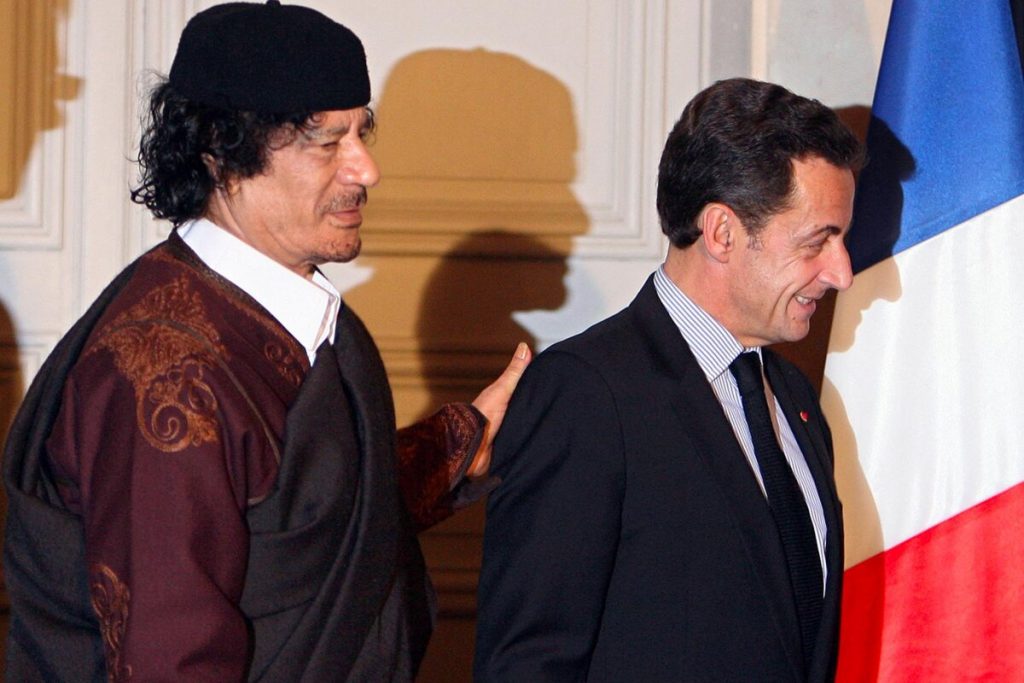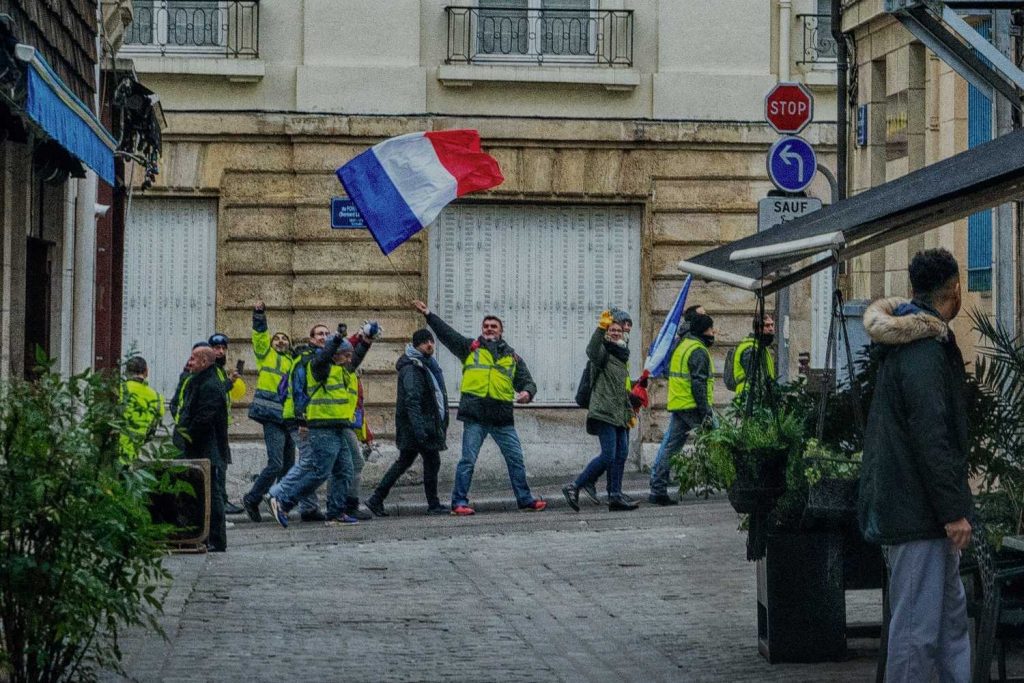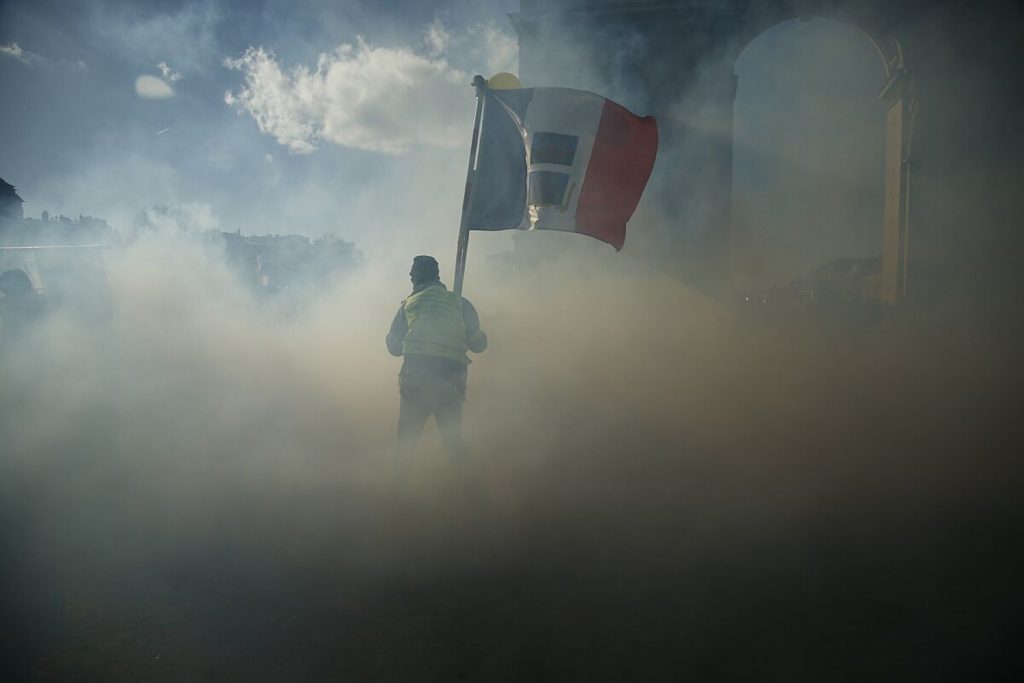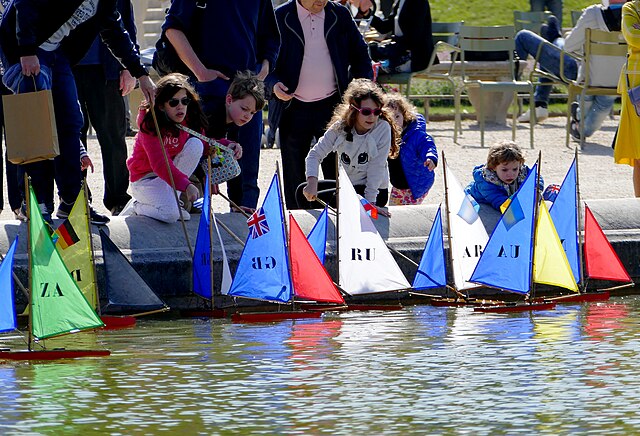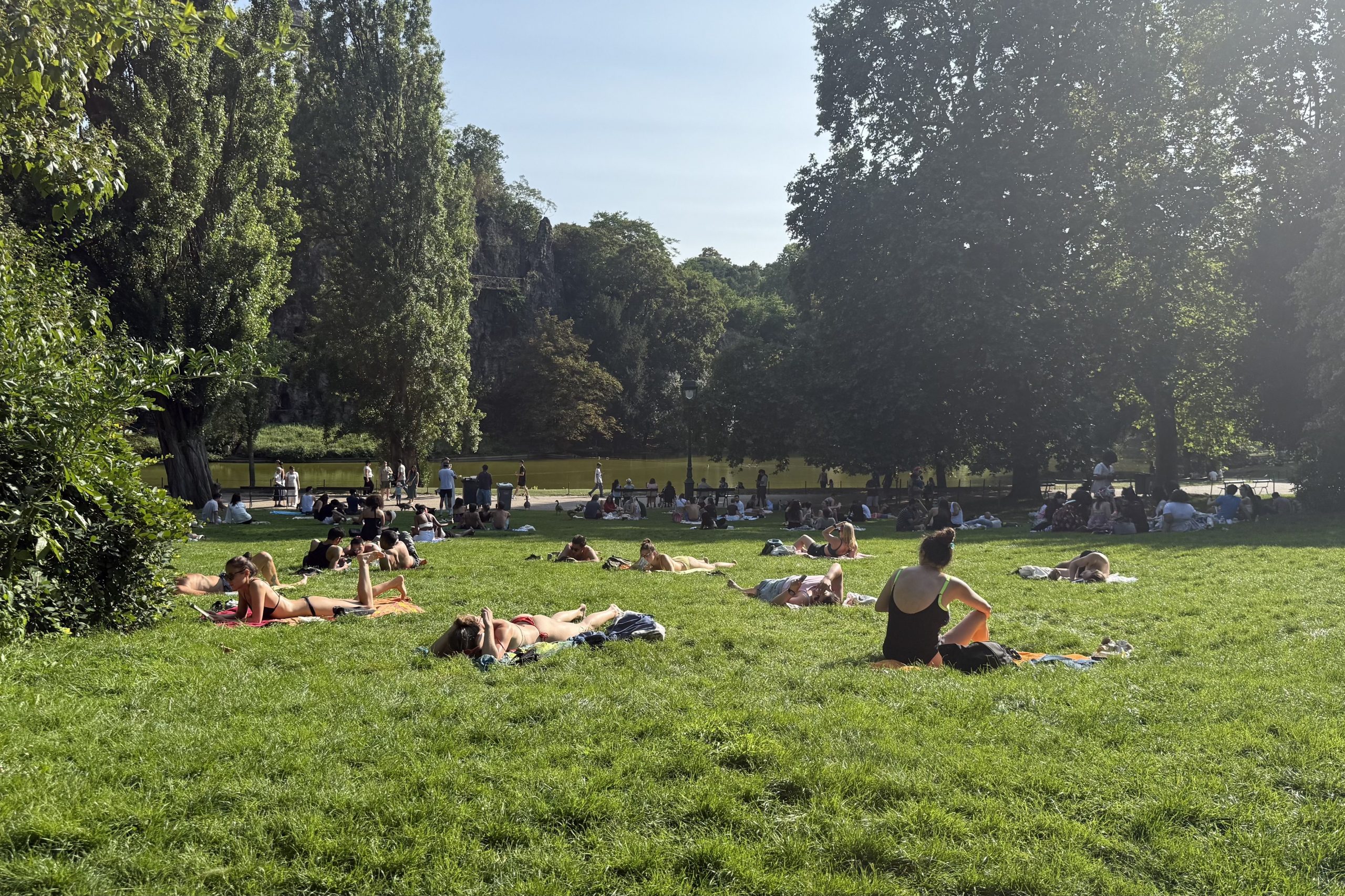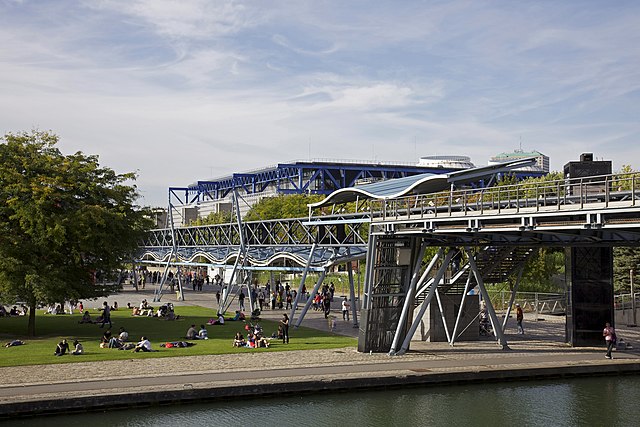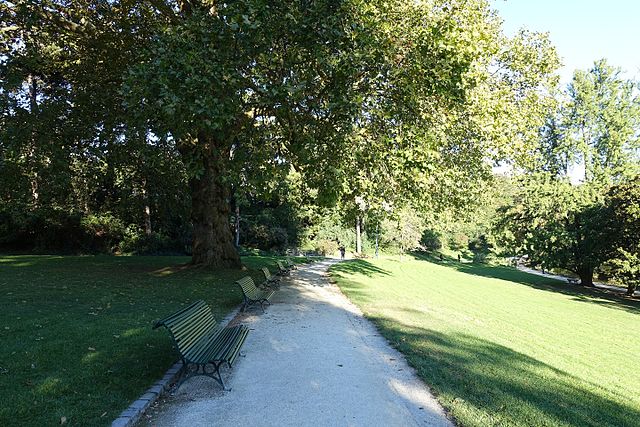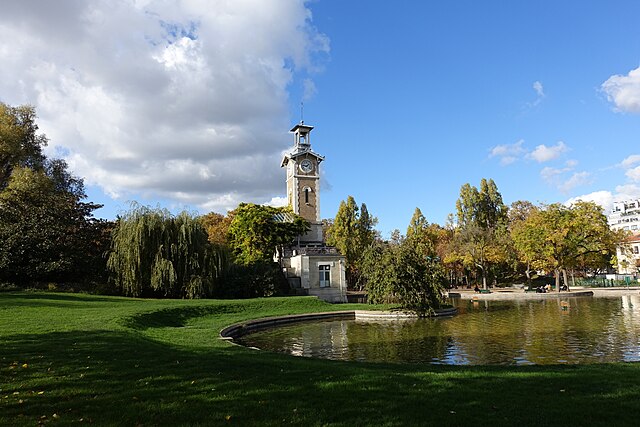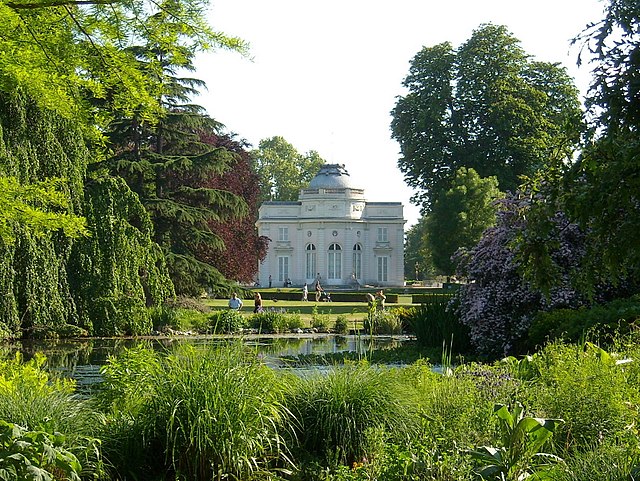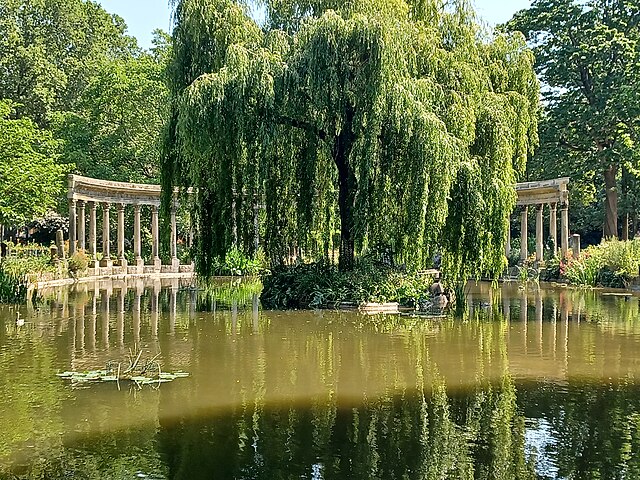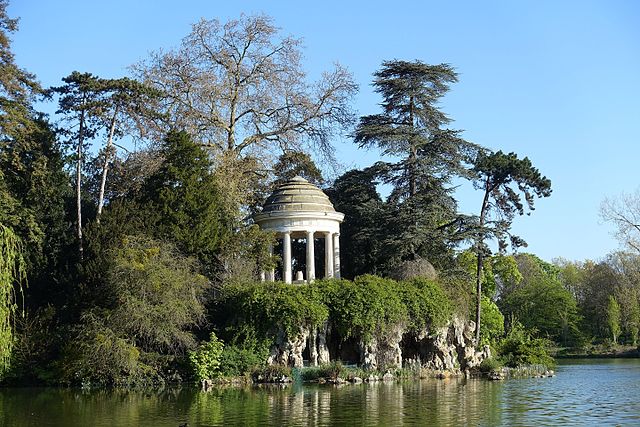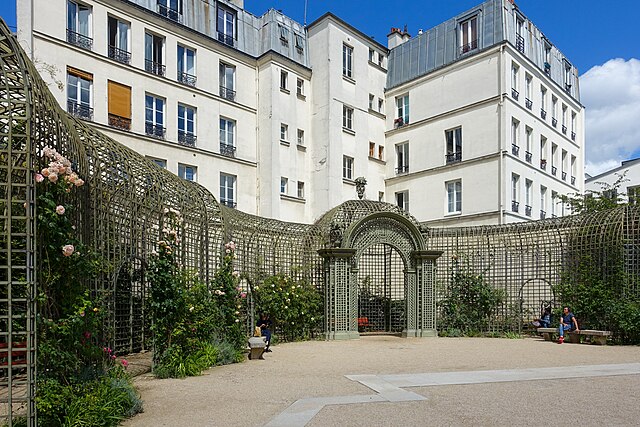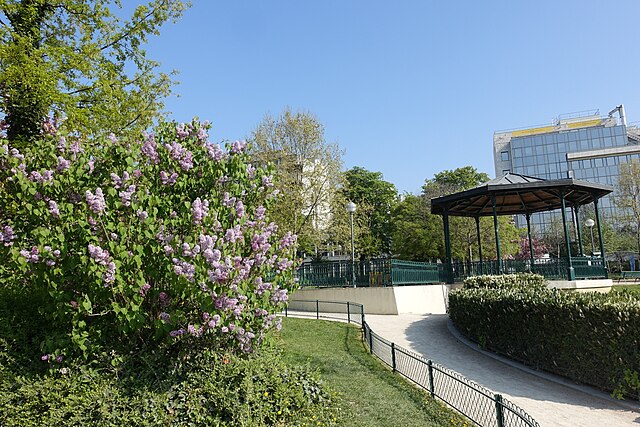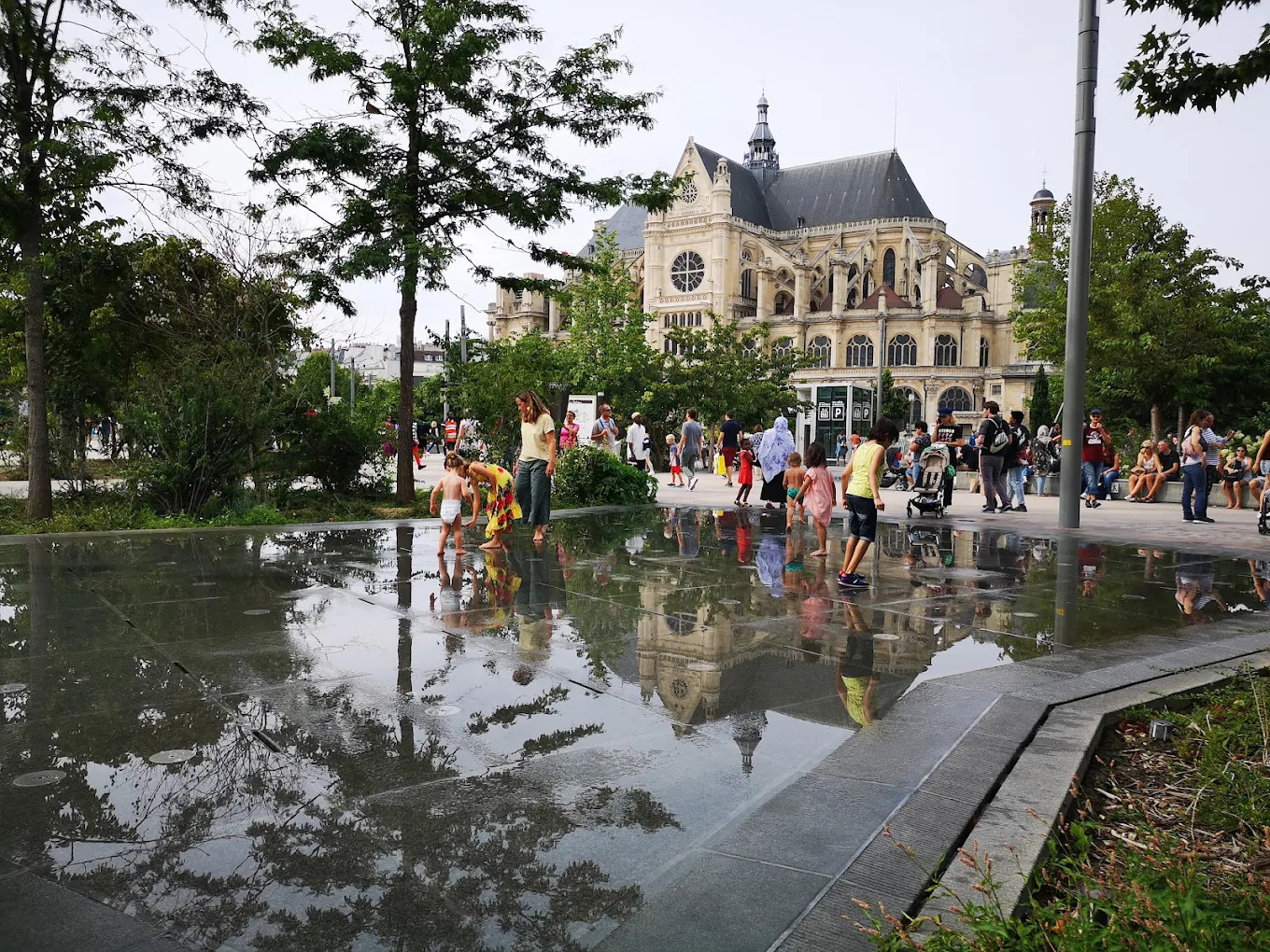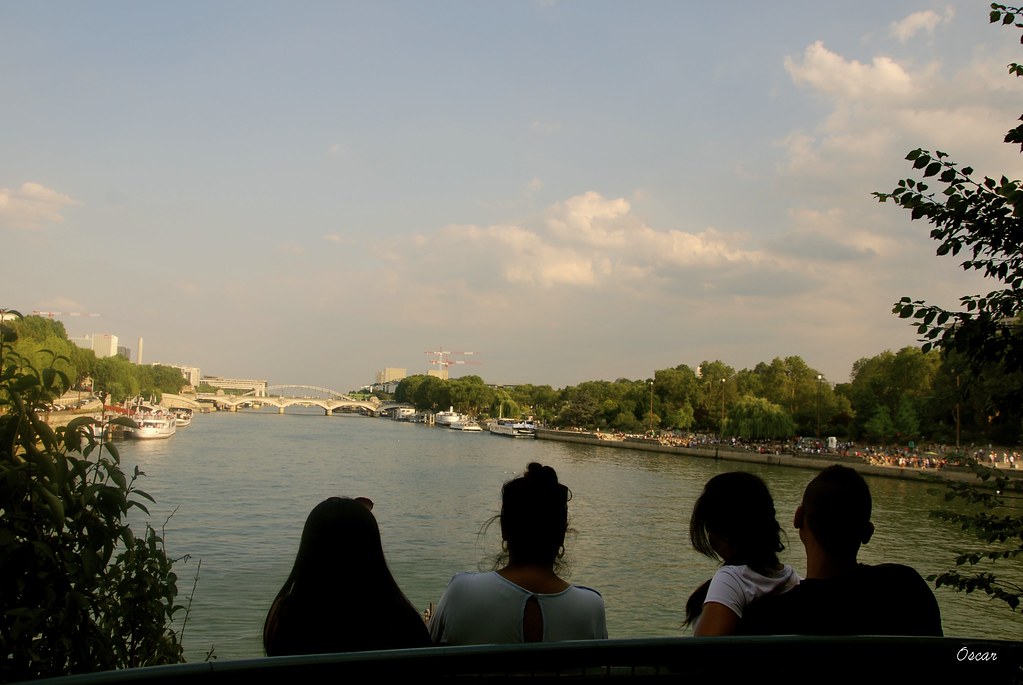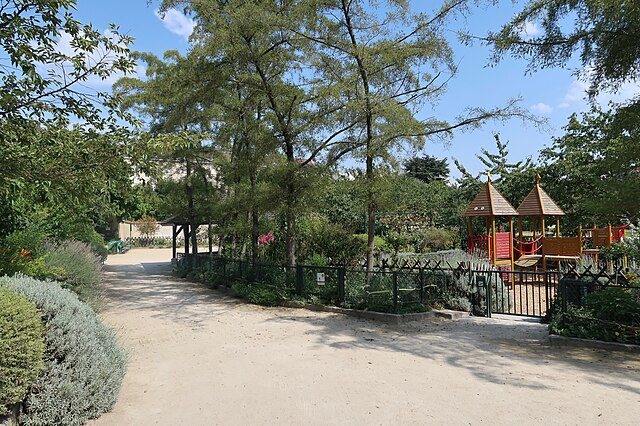
Why Is the French Government Considering A Ban of Social Media for Minors?
Back in December 2025, French president Emmanuel Macron had announced his intention to pass a bill which would restrict the use of social media among young people, an idea that was one of the main points of his party’s program ahead of the June 2024 legislative elections. This year, a bill to do just that was approved by the Assemblée Nationale on January 26 and is expected to be put into effect in September.
The bill stipulates that “access to an online social networking service provided by an online platform is prohibited for minors under the age of 15“, excluding educational resources such as encyclopedias. For the prohibition to work, an age verification system will have to be added to the prohibited websites – the system is currently undergoing a test phase through the France Identité platform.
Obviously, the feasibility of the ban and the effects it would entail are still to be seen, but one might wonder : what are the reasons pushing the French government to ban social media for minors? The world has been using social networking platforms for well over 20 years, so what pushed us to act now?
Would putting a cap on usage make a difference
With everyone having access to a phone and Internet in today’s society, a lot of children already use platforms like TikTok or Snapchat on a regular basis.
A study shared by the Arcom, the French Regulatory Authority for Audiovisual and Digital Communication, estimated that 44% of minors joined social media before being 13 years old. Early last year, the European Statistical Office had also estimated that in France, more than 90% of 16-to-24-year-olds rely on online messaging systems to communicate as well. Social media is, like it or not, inherently part of today’s society.
This overwhelming use comes with its own set of problems. A few weeks ago, a report established by Parliament member Arthur Delaporte and former French people living outside France MP Stéphane Vojetta analyzed some of the negative influence social media can have on its users, both adults and minors.
The report notably pointed out issues related to the so-called influencers and called out invasive practices pushing users to spend large amounts of money for entertainment’s sake, as well as the perverse effect of push notifications on smartphones, some of which are suggestive enough to make people use applications for excessive durations.
Preventing more digital harm
Segments of the report are also dedicated to concrete cases of abuse and crimes tied to social media, including procuring on platforms like OnlyFans, or the live-streamed death of Kick streamer “Jean Pormanove” – real-name Raphaël Graven – for which two other streamers who would abuse him will be tried by a correctional tribunal in July.
While the report focuses on manageable issues, it is worth keeping the future uses of social media in mind as well. Recently, the Center for Countering Digital Hate estimated that the AI tool Grok, available on social media platform X (formerly known as Twitter) had generated more than 3 million photorealistic sexualized images since the implementation of its image generation system in August 2025.
According to data from the CCDH, approximately 23,000 of those images depicted children. The French offices of X were raided on February 3 as part of a probe into sexual deepfakes – as well as alleged political interference, another topic of discussion altogether, but one that also attests to the influence of social media.
The end of last year also saw the rise of the video artificial intelligence app Sora AI, which could essentially push deep fake practices further, or worsen the distribution of disinformation throughout online channels.
In that sense a social media ban could work to limit widespread use of those platforms, which can be useful and informative at times, but do cause harm now, harm that should not be able to reach minors.
But how can it truly be done? And what would be its real effects? To try and answer those questions, Tarek Diouri–Adequin interviewed Jennifer Branch-Allen, president of the Australian Parents Council, to gauge the new normal of Australia, which implemented its own version of the social media ban at the end of 2025.
Want to hear the interview? Check out the latest episode of the High-Tech Intermission on its dedicated page or listen to it on platforms like Spotify or Apple Podcasts.


